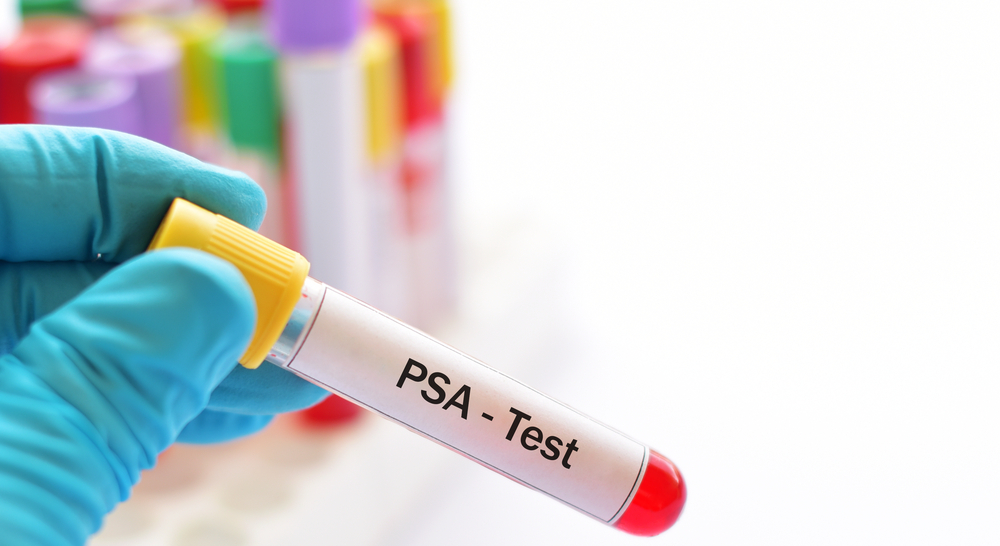HEALTH TESTS
Testing orders are available to everyone. You do NOT need to be a current patient to purchase tests.
You will be asked to fill out a patient form at checkout which will give us more information on your current diet and lifestyle, health concerns, current medications and supplement intake.
If you wish to purchase multiple tests for people in the same household please add quantity as 1 for each test so that individual patient forms can be completed. You can keep adding multiple tests to the same basket as long as patients reside at the same address. For multiple tests for the same patient you only need to complete the patient form once.
We work with a number of labs across the world including : Doctor’s Data Inc, Great Plains / Mosaic Laboratory, The London Clinic, Lifecode GX, The Doctors Laboratory, QuinTron, Precision Analytical, Immunosciences Labs & Verisana. If you require a test not listed here or advice on which test is best for you, please email info@mybodyfabulous.co.uk
Delivery is now available internationally, select your country at checkout. UK orders received by 2pm Mon-Fri are normally shipped via Royal Mail or courier service the same day.
Thyroid Function with Antibodies - Finger Prick Blood Test
Thyroid Function with Antibodies - Finger Prick Blood Test
THIS TEST CAN NOT BE SHIPPED OUTSIDE UK.
Included in the cost of your test is advice, interpretation and support from our functional medicine team on your results.
You will be asked to fill out a patient form at checkout which will give us more information on your symptoms, current medications and supplement intake.
The Thyroid Function with Antibodies Blood Test checks 5 markers; your thyroid stimulating hormone (TSH), free T3 (FT3) and free T4 (FT4), as well as thyroid antibodies, for an in-depth picture of your thyroid health.
Suitable for over 18’s only.
Once you purchase this test you will be posted a finger prick blood test kit to complete at home. Full instructions are provided but please ensure you take your sample before 10am and only post back to the labs Mon-Thurs. You should take this test before you take any medication or vitamin/mineral supplements. Do not take biotin supplements for two days before this test, discuss this with your doctor if it is prescribed. Your results will take around 4 working days to arrive from the labs and we will forward on to you after they are reviewed by a private GP as well as our own functional medicine team to ensure a full explanation and advice is provided on your results - this is done via email.
This test includes thyroid-stimulating hormone (TSH), free thyroxine (FT4), and free triiodothyronine (FT3). By measuring the amount of thyroid hormone that is free or unbound to carrier proteins in the blood, you can get a better picture of how much thyroid hormone is available to your cells. Additionally, this test also includes tests for thyroglobulin and thyroid peroxidase antibodies.
Many thyroid-related conditions are caused by autoimmune diseases. Your risk for this is raised if you or a family member has a history of autoimmune disease. Our test looks for specific thyroid antibodies, which can indicate that your thyroid is under attack by your immune system.
The two main autoimmune conditions that affect the thyroid are Hashimoto's thyroiditis (which causes hypothyroidism) and Graves' disease (which causes hyperthyroidism). While there isn’t a cure for either of these, they can be managed with the right treatment plan – so getting tested is important.
What is Tested For:
Thyroglobulin antibodies
This test looks for antibodies to thyroglobulin, a protein which is specific to the thyroid gland. Under normal circumstances it does not enter the bloodstream, but if your thyroid is inflamed or under attack from the body's own immune system, then thyroglobulin can be secreted and antibodies detected. Most cases of thyroid disease are caused by an autoimmune condition where the thyroid gland is attacked by the body's own immune system. This can cause the thyroid gland to produce more thyroid hormone (as in the case of Graves' disease) or to produce less as the cells in the thyroid gland are gradually destroyed (as in the case of Hashimoto's thyroiditis).
Thyroid peroxidase antibodies
Thyroid peroxidase is an enzyme which is produced in the thyroid gland and is important for converting T4 to the biologically active T3. This test looks for antibodies to thyroid peroxidase which indicates that the body's immune system is attacking the thyroid gland and impairing its function.
TSH
Thyroid stimulating hormone (TSH) is produced in the pituitary gland in order to regulate the production of thyroid hormones thyroxine (T4) and triiodothyronine (T3) by the thyroid gland. If thyroid hormones in the blood are low, then more TSH is produced to stimulate the thyroid gland to produce more of them. If thyroid hormone levels are high, then the pituitary produces less TSH to slow the production of thyroid hormones. If TSH is too high or too low, it normally signifies that there is a problem with the thyroid gland which is causing it to under or over produce thyroid hormones. Sometimes a disorder of the pituitary gland can also cause abnormal TSH levels.
Free T3
Triiodothyronine (T3) is the more active of the two thyroid hormones produced by the thyroid gland. Most T3 is bound to protein in the blood. Free T3 measures the level of T3 that is free, or unbound to protein, and is available to regulate metabolism.
Free thyroxine (T4)
Thyroxine (T4) is one of two hormones produced by the thyroid gland. It works to speed up the rate of your metabolism. Most T4 is bound to carrier proteins in the blood - it is only the free, or unbound, T4 that is active in the body, which is measured in this test. Free T4 is the less active of the two main thyroid hormones. To have an impact on your cells it needs to convert to the more active T3 when your body needs it.







